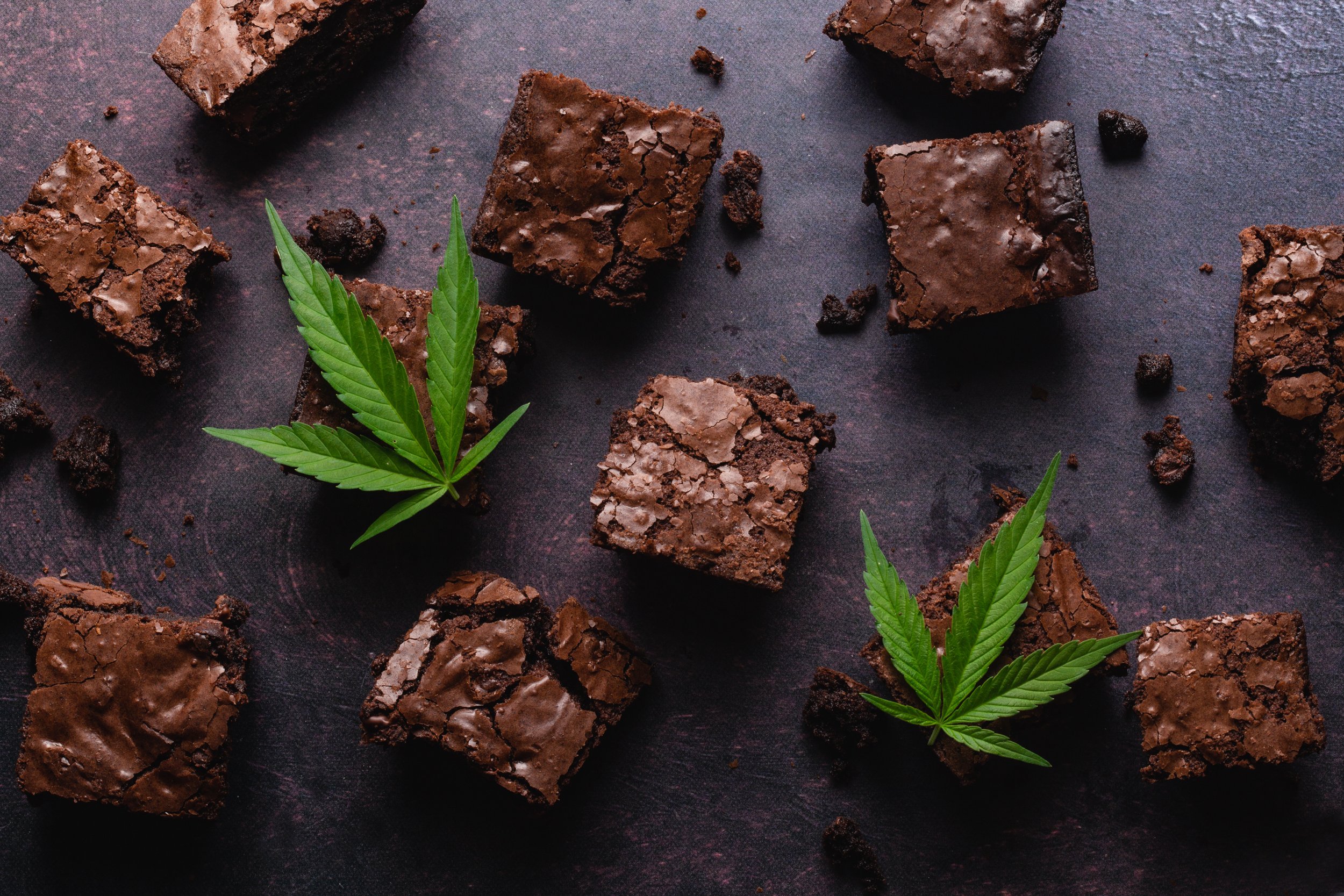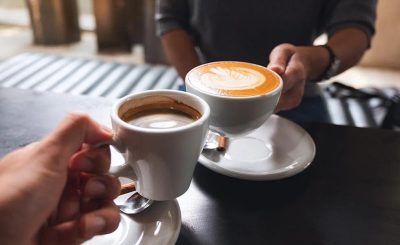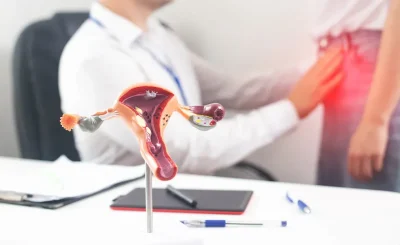Edibles infused with cannabis extract are food items. The cannabis plant comprises over 100 cannabinoids, with THC and CBD being the primary active compounds. THC induces the euphoric effects of marijuana, while CBD offers potential health benefits without psychoactive properties. Upon ingestion, your digestive system metabolizes THC and CBD, allowing them to enter your bloodstream and reach your brain and body.
With edibles, the onset of the impact is slower (30-90 minutes) because the THC and CBD need to be processed through your digestive system first. However, the effects also tend to last longer, typically 4-8 hours, depending on the dose. Edibles also tend to produce a more body-focused, relaxing high compared to the cerebral and energizing buzz often felt from smoking.
Using THC edibles for sleep
- THC binds to cannabinoid receptors in your brain, which are part of the endocannabinoid system that helps regulate sleep. This triggers dopamine release, creating a sense of euphoria and relaxation.
- THC has been shown to decrease the amount of time it takes to fall asleep. Higher doses of THC are associated with more sedating effects that can help you doze off faster.
- THC alters the time you spend in the different stages of your sleep cycle. It typically prolongs stage 3 “deep sleep” while reducing REM sleep. More time spent in deep, restorative sleep can help you feel refreshed. The decreased REM sleep means you’re less likely to have vivid dreams or nightmares.
- THC may help relieve pain and muscle tension, which can make it easier to relax and fall asleep, especially for people dealing with chronic pain or conditions like fibromyalgia. THC’s analgesic and anti-inflammatory properties can promote physical comfort conducive to restful sleep.
Role of CBD edibles for sleep
CBD is a non-psychoactive compound in cannabis that has calming, anxiety-reducing, and pain-relieving properties. Many people find CBD helpful for sleep without the intoxicating effects of thc edibles. Here’s how CBD can potentially promote better sleep:
- It interacts with receptors to regulate the brain’s fear and anxiety responses. By reducing anxiety and stress, CBD can help quiet a racing mind so you can fall asleep more easily.
- CBD has been found to alleviate symptoms of conditions that can interfere with sleep, such as chronic pain, restless leg syndrome, and PTSD-associated nightmares. CBD fosters an internal state conducive to restful sleep by improving comfort and relaxation.
- Preliminary research suggests CBD may directly affect sleep by interacting with receptors in the brain that govern the body’s sleep-wake cycle. CBD has been shown to increase total sleep time and reduce the frequency of awakenings at night.
- Unlike THC, CBD is not sedating in the way sleeping pills are. Instead, it regulates your sleep cycle by increasing deep, restorative sleep time. This may lead to better sleep quality and feeling more refreshed upon waking.
Cannabis edibles infused with THC and CBD offer a natural alternative for people struggling with insomnia and sleep disturbances. The sedating effects of THC help with falling asleep, while CBD may improve sleep quality by reducing anxiety and promoting relaxation. As with any sleep aid, it’s best to consult with a doctor, especially if you have a medical condition or take medications that could interact with cannabis.







